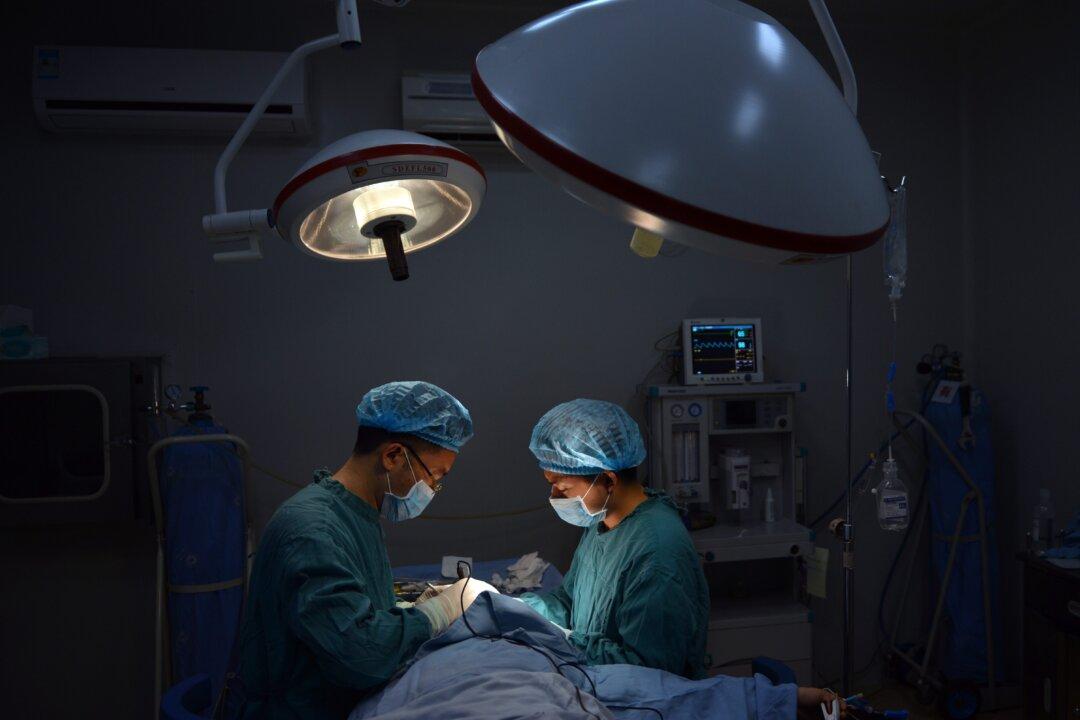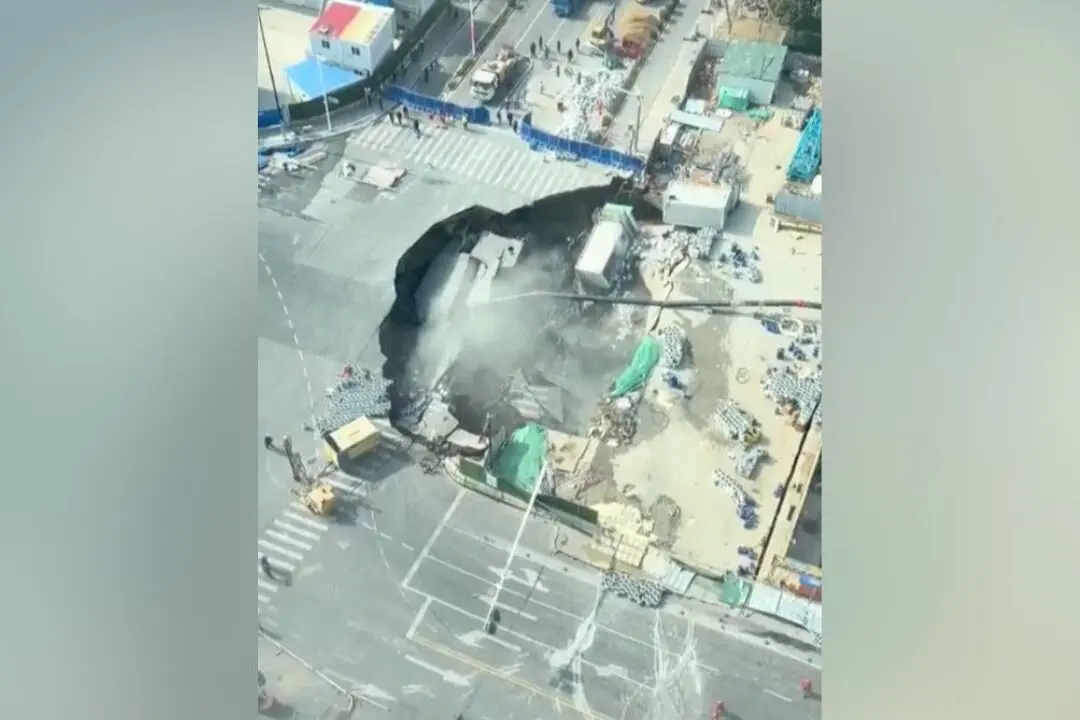Four soldiers carried a wounded young man from prison at night. White-clad doctors in a military van waiting nearby then work to work: one used a scalpel to open the entire abdominal cavity, while others quickly took out two kidneys and put them in a container. After gouging the two eyeballs out, the corpse was thrown into a black body bag.
That macabre scene occurred in the northern port city of Dalian about 30 years ago. It was a “secret military order” George Zheng (an alias) received when he was an intern at a military hospital there at that time.
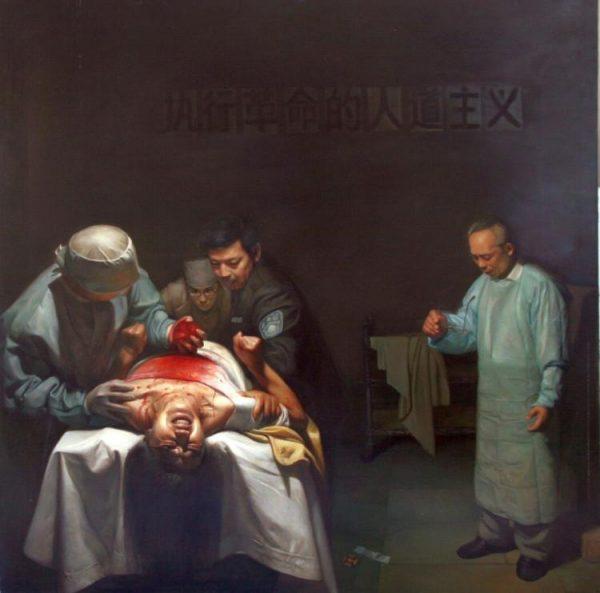
Zheng’s account aligned with others who had participated or witnessed the regime’s opaque practice of forcefully procuring organs from living prisoners—including those detained simply for their spiritual belief—and using them to supply the country’s transplant industry.
The incident described by Zheng occurred in the 1990s. Since then, the dark practice has been industrialized to staggering proportions, according to extensive research and evidence that has emerged over the past decade-and-a-half. This occurred as a result of the Chinese Communist Party’s persecution of Falun Gong from 1999, which led to an exponential increase in the country’s captive population, who in effect became a large organ bank of the living.
‘Crime Against Humanity’
The horrific abuse first came to light in 2006 when a Chinese military doctor, a journalist, and another informant approached The Epoch Times. Among them was a woman using the alias Annie, a former worker at a hospital in northern China. She revealed how her ex-husband, a neurosurgeon at the same hospital, participated in the forcible removal of corneas from about 2,000 imprisoned Falun Gong practitioners from 2001 to 2003. They were all still breathing at the time of extraction.“This whole scheme and the trading of organs was organized by the government health system. The doctors’ responsibility was simply to do what they were told to do,” Annie said in a 2006 interview with The Epoch Times.
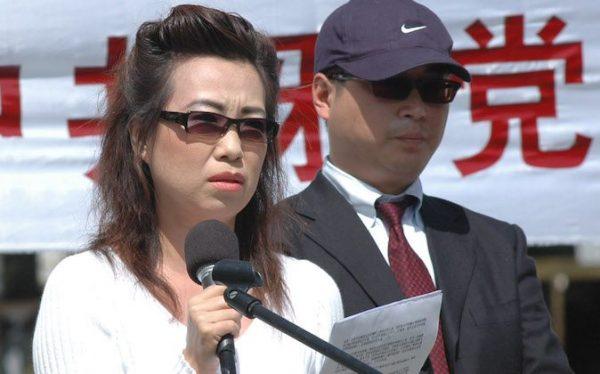
Her account was what led to the joint investigation by David Kilgour, former Canadian cabinet minister, and David Matas, a Canadian human rights lawyer. With no response to their request to visit China, the two David investigated Chinese hospitals by examining their websites, media reports, and undercover phone calls with doctors in 15 provinces. In July 2006, they released the first edition of their report titled “Bloody Harvest,” concluding that forced organ harvesting was indeed happening.
Meanwhile, Ethan Gutmann, a veteran China analyst in the United States, who was at first skeptical about the allegations, started his own investigation into the matter. After seven years of research, Gutmann came to a similar conclusion in his 2014 book, “The Slaughter.”
On-Demand System
A sudden and mysterious boom in China’s transplant industry started in the early 2000s. Despite the lack of an official organ donation system, organ transplantation rates shot up; hundreds of new national transplant centers opened; and a flush of websites offered a wait time of as short as weeks for the transplant of a vital organ—something unheard of in countries relying on voluntary donation systems.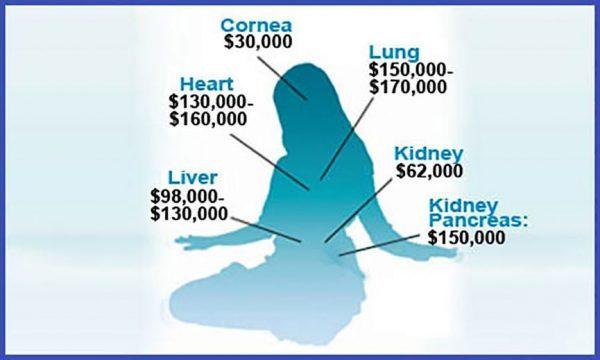
Extremely Short Wait Times
The shorter wait times attracted patients from all over the world, who traveled to China for life-saving operations. Among them was Mordechai Shtiglits. In November 2005, he embarked on a journey to Shanghai after spending a year and a half at the Sheba Medical Center in Israel waiting for a new heart.A Chinese surgeon suggested the heart came from a 22-year-old “donor,” who died in a traffic accident. But the report stated such a situation is “extremely unlikely.” While more than 60,000 people die in road traffic incidents in China per year, it said, Chinese doctors wouldn’t be able to know in advance that anyone would die in an accident. Moreover, the country didn’t have a system for rapid organ allocation at the time.
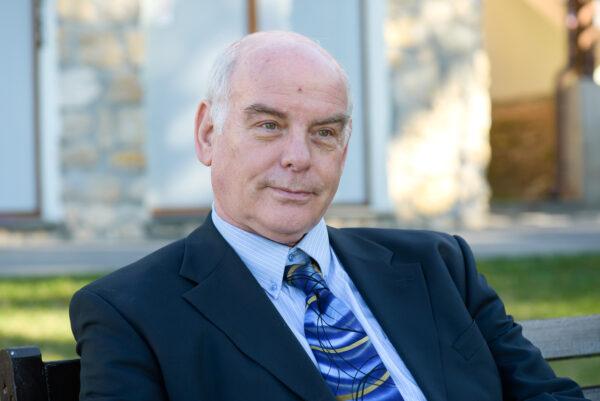
Mihut Savu/Epoch Times
Dr. Jacob Lavee had treated Shtiglits for years. He described his patient’s experience as the first time he became aware of forced organ harvesting in China. Lavee recounted the scene when the seriously-ill patient announced he would have a heart transplant operation in China in two weeks.
Lavee had been aware of Israeli patients traveling to China for kidney transplants. He thought that it was procured from poor villagers. That was itself an unethical practice, but it was entirely different from heart donation—one can survive from the removal of a single kidney, but extracting a heart kills the person.
Abundant Organ Supply
Besides short waiting times, Chinese hospital websites even publicly promised that if the initial organ transplant failed, they could continue to find suitable organs until it was successful.Investigators later confirmed that some patients indeed receive multiple organs, with some getting third or fourth organs. For example, a man from Asia went twice to Shanghai between 2003 to 2004. The first time, a Chinese doctor brought him four sets of kidneys in two weeks, but none of the four were compatible. A few months later, when he came back to China, he was presented with four more sets of kidneys until the eighth one matched.
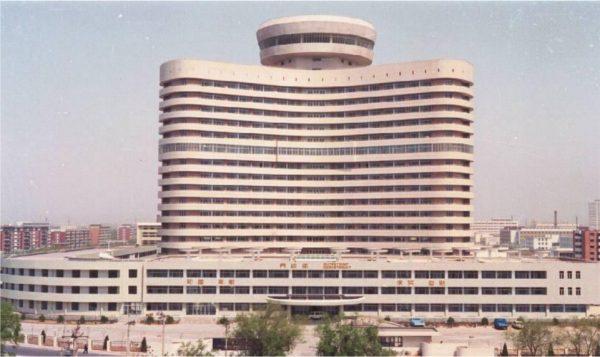
Quick Boom
China now has the world’s second-largest transplant industry after the United States. There are more than 700 transplant centers in a sprawling organ transplant system, with more than 160 national centers registered and approved by the authorities in 2007, according to data collected by investigators. But before 1999, there were only 150 transplant institutions in China.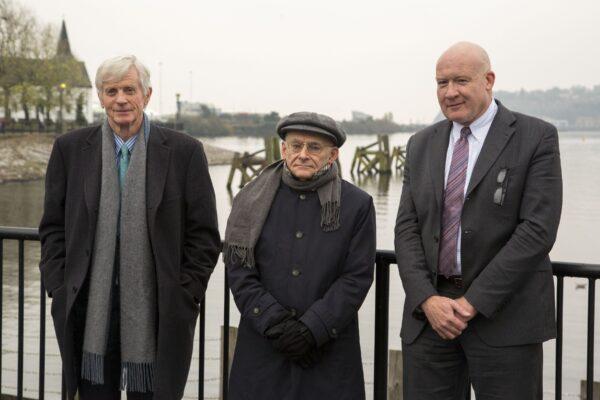
Such a mammoth output of the country’s transplant industry points to a large organ pool. However, there was no official organ donation and distribution system in China until 2015.
The first organ transplant operation in China occurred in the 1970s. Chinese people, meanwhile, are reluctant to donate their organs because of the country’s tradition that views the body as a gift from their parents and prescribes it be left untouched after death. By 2003, the country’s organ donation figure remained at zero, China’s state media revealed.
Most of the organs for transplant had come from death-row prisoners, senior Chinese officials acknowledged for the first time in 2005. The claim marked a U-turn for the regime, which had over the years denied procuring organs from prisoners, a practice that was condemned by human rights organizations and outlawed by countries outside China given death-row prisoners lack the ability to provide free consent.
However, the number of death-row executions could not explain the number of transplants being conducted in the country.
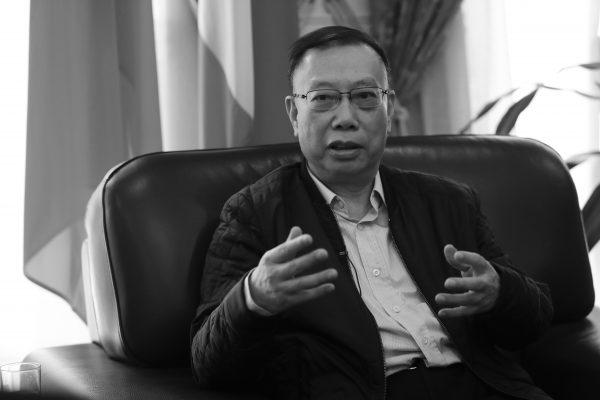
In 2015, amid growing scrutiny of its transplant abuses, the Chinese regime announced it would no longer source organs from death-row prisoners for transplants, and solely rely on a voluntary donation system.
Again, this official statement didn’t satisfy investigators who said the nascent organ donation system couldn’t be the main source for the staggering number of transplants occurring.
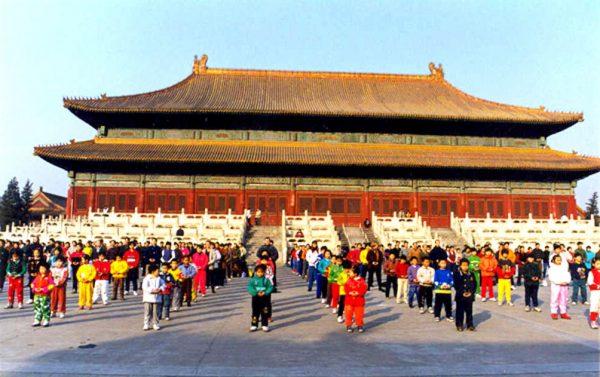
Killing Falun Gong Adherents for Their Organs
An independent tribunal and researchers have concluded that the main source fueling the rapid expansion of China’s organ transplant industry was detained Falun Gong practitioners.The organ harvesting industry coincidently boomed at the same time when the regime escalated the national campaign to eradicate Falun Gong, a spiritual practice consisting of moral teachings based on the principles of truthfulness, compassion, and forbearance, along with meditative exercises.
Since its introduction in China in 1992, the practice surged in popularity, leading to an estimated 70 million to 100 million adherents in the country by the end of the decade.
Viewing the enormous popularity as a threat to the Party’s control, then-Chinese leader Jiang Zemin personally initiated a violent campaign to “eradicate” the spiritual group in 1999.
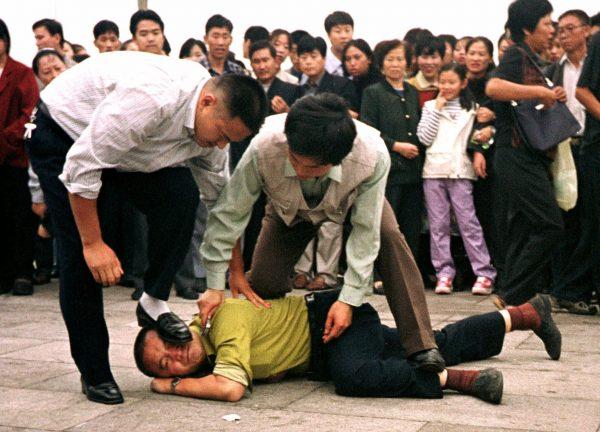
Adherents of the practice across the country found all sorts of ways to appeal to central authorities to call for an end to the suppression. For this, they were beaten, arrested, and thrown in labor camps, detention centers, and so-called reeducation facilities, where they were tortured. To protect their families and friends, many refused to disclose their identities to police. Some have since disappeared.
“Why would detained Falun Gong practitioners receive specific physical examinations (including x- rays, ultrasound, blood tests) while at the same time being subjected to brainwashing, labor work, torture or torture death?” Dr. Torsten Trey, executive director of the advocacy group Doctors Against Forced Organ Harvesting, asked during the same hearing.
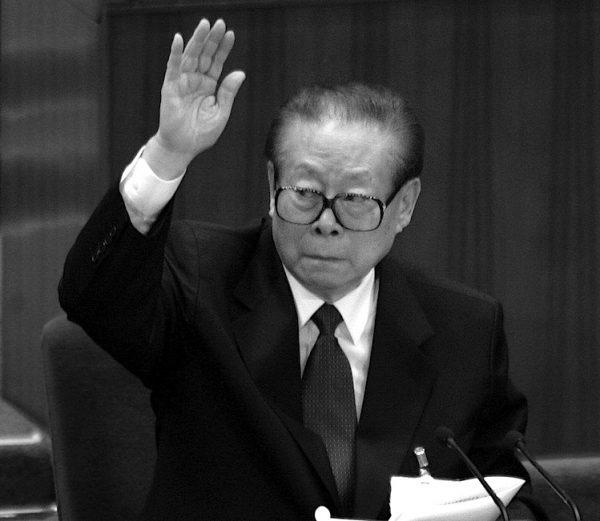
An Order From Jiang
Additionally, phone calls conducted by the World Organization to Investigate the Persecution of Falun Gong, a U.S-based non-profit, indicate that this grisly practice was ordered by the top levels of the Chinese regime, rather than this being the case of a crime conducted by just some unregulated hospitals and unethical surgeons.In one case, a senior Chinese military official made it clear that the instruction was from Jiang Zemin, the former Chinese leader, himself.
Like other high-ranking officials and military officers in the Jiang faction, Bo, as well as his right hand Wang Lijun, had played a role in the forced organ harvesting from living Falun Gong practitioners, investigators found.
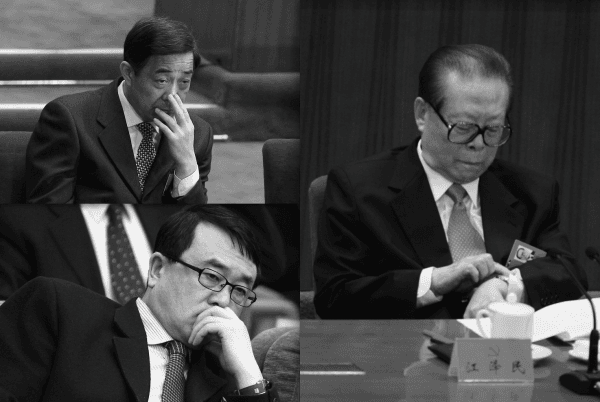
The policeman recounted how two military medical professionals conducted a forced organ removal operation in April 2002 in a surgery room at a military hospital in Shenyang, the provincial capital of Liaoning.
The patient, a female Falun Gong practitioner in her 30s, was still alive at the time of extraction, though “countless wounds” could be seen on her body after suffering a week-long torture session, the man said. The policeman was on armed guard at the site, where he witnessed the entire operation.
“She said, ‘You killed me, one individual.’”
Her heart and two kidneys were cut out, he said, and no anaesthetics were used. The woman died in pain.
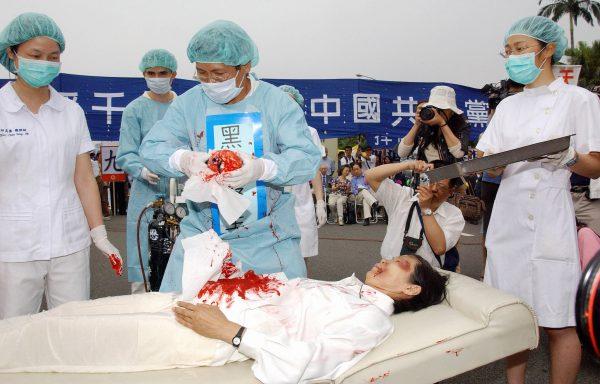
International Response
While the regime continues to cover up its multi-billion dollar organ transplant business, more medical professionals and lawmakers in the West have started to speak out.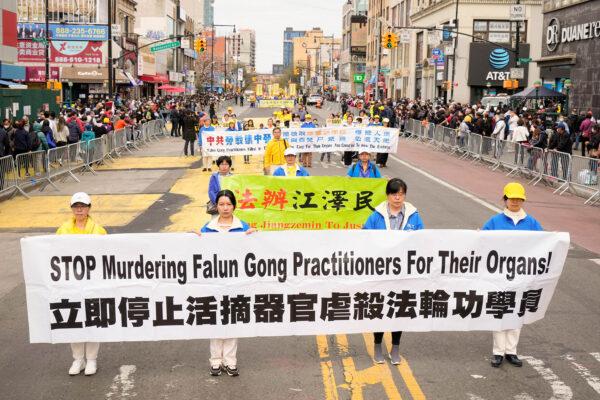
For Dr. Trey, executive director of Doctors Against Forced Organ Harvesting, a Washington-based advocacy group, there is still much work to be done to end the practice.
“Now is the time to help the Chinese people to end this barbaric practice. If one cannot impose changes on the Chinese government, at least Western parliaments are completely free to host hearings, pass resolutions or adopt laws.
“We have that freedom here in the West, what are we waiting for?”
